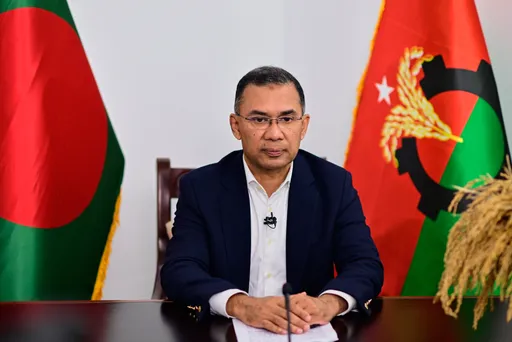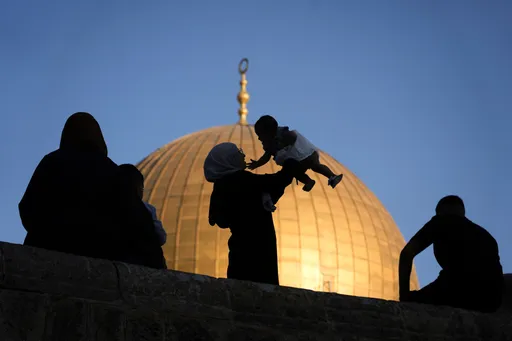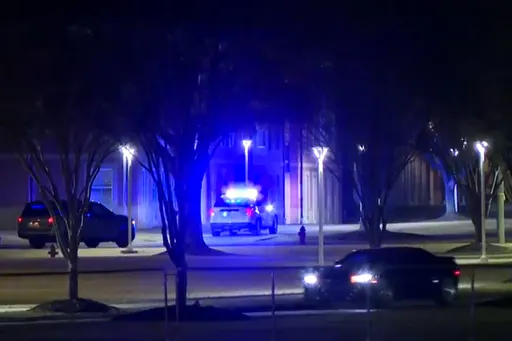Azizul Haque died in a Bangladeshi hospital on Thursday a week after his body was injured by a landmine he stepped on as he and his Rohingya Muslim family fled Myanmar.
The 15-year-old lost both his legs in the blast near the border.
Myanmar is one of the last countries in the world to actively use landmines.
The explosion, cuts and shrapnel wounds across most of his body had left Haque in agony.
The youth remained in a desperate state despite several operations and an administrator at a charity hospital in Cox's Bazar, focus of the mounting Rohingya refugee crisis, confirmed Haque passed away there early on Thursday.
His brother was also injured in the blast but joined the family when they went to the hospital to collect the body.
The family are among almost 400,000 Rohingya Muslims who have sought refuge in Bangladesh from violence in Buddhist-dominated Myanmar's Rakhine state that started on August 25.
Senior Bangladeshi officials believe anti-personnel mines, which were banned by a 1997 global treaty, have been planted by Myanmar security forces to prevent Rohingya from trying to return to their villages.
"Since September 3, we have heard at least 12 landmine explosions. At least three people were killed and seven were injured in the blasts," Border Guard Bangladesh Commander Manzurul Hasan Khan said.
Haque's is the fourth-known such death.
"All indications point to the Myanmar security forces deliberately targeting locations that Rohingya refugees use as crossing points," said Tirana Hassan of Amnesty international.
"This a cruel and callous way of adding to the misery of people fleeing a systematic campaign of persecution," she said.
The UN Security Council on Wednesday called on Myanmar to end to the crackdown on the Rohingya, as UN chief Antonio Guterres said the military campaign amounted to an ethnic cleansing of Rohingya Muslims.
The 1.1-million strong Rohingya have suffered years of discrimination in Myanmar, where they are denied citizenship even though many have long roots in the country.
Border guards let Haque's family enter when they carried the stricken boy to the fence























